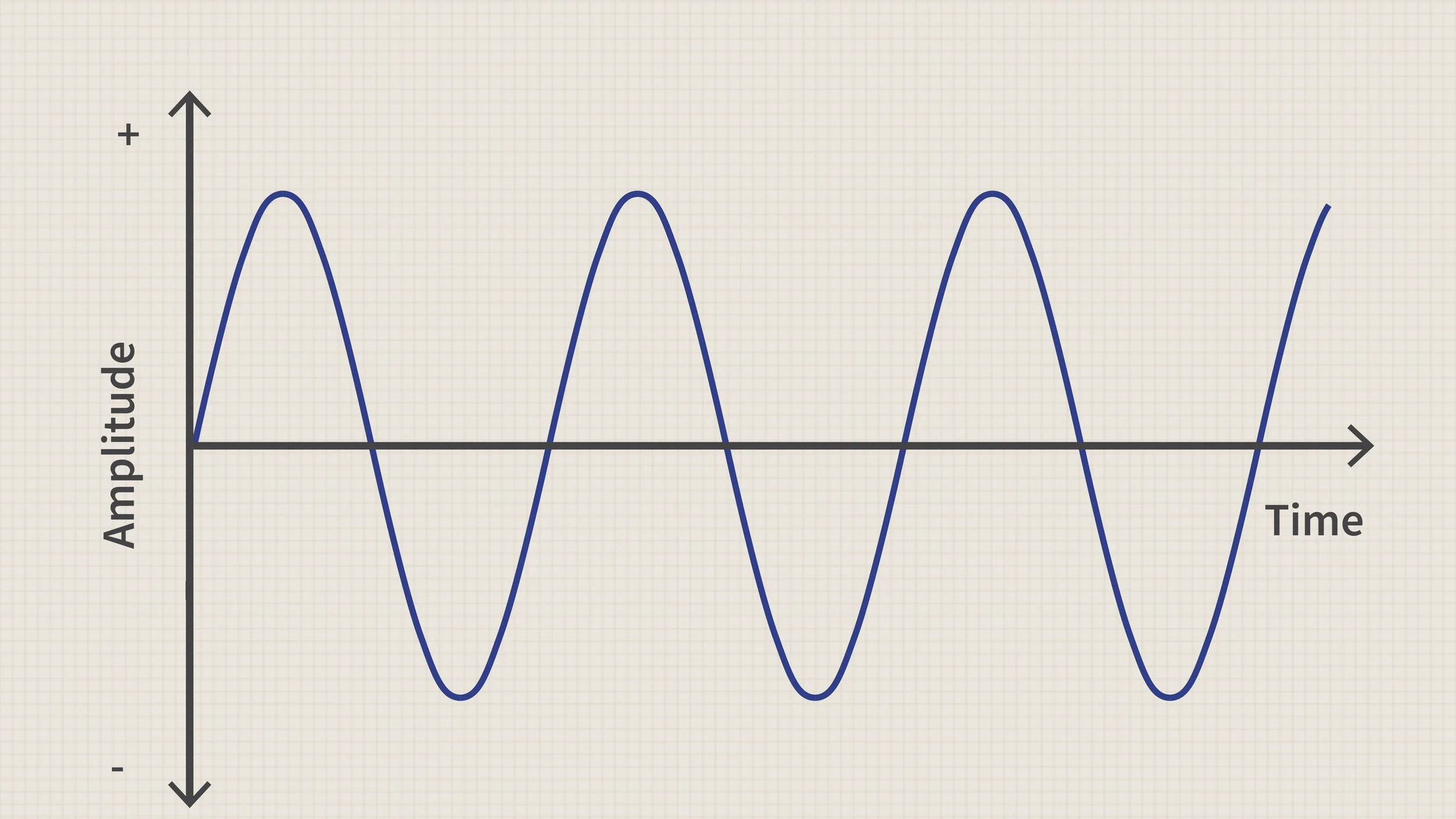We had such a good time on Thanksgiving at Cape Cod with my children and grandchildren. Should really be “our,” considering that Jerry and I were married when the first grandchild, Josh, came along. We’ve both always been the grandparents. Likewise on Jerry’s “side,” his grandchildren have never known anything but the two of us. Yet our children were adults when we married, so they’ll always see us as coming second, coming next. Not the original. Not blood.
Considering that we have ten grandchildren in all, we don’t blend them very often. We’ve done that on occasion, and it’s fine, but each set of children has its own vibe, its own family history and traits. An intimacy that can’t be entirely shared. Here we are, the link between them.
Noah made these gorgeous rolls. He kneaded the dough for what seemed like hours. Zach, Abby, and Josh in the background.
Much has been written about blended families. When the children and step-children meet as adults, it’s simply adults meeting, isn’t it? The work of growing is pretty much done. Personalities pretty much set. Yet the parent and step-parent have made a new thing, have become the hub of a new need for connection.
Josh took this beautiful photo of Kelly and me on the beach at Cape Cod.
In order to “blend,” first you have to see strong borders. Male/female, animal-vegetable-mineral, gay/straight, literate/illiterate, rich/poor, poetry/prose, American/foreign. They’re all lies, of course, and probably do more harm than good. Of course it’s worth noting identity, seeing the ways in which we fit into a group. Black/white. Southern/northern, and so on. It is comforting to belong. It’s nice to have friends like you, the same age, with the same proclivities.
It requires ignoring the nuances to make the boundaries harden into walls. Let us take poetry, for example (you figured I would, right?) My essays are as much poetry as my poems, because that is how I write. If I string the words out to the right margin, does it mean I’ve written prose?
If I chop the lines up and string them down the page, does that mean I’ve written a poem? Is the definition of a poem descriptive or evaluative? “You’ve written a poem!” meaning it is good enough for me to call it a poem. That’s evaluative. “There are short lines, and your intention was to write a poem. So it’s a poem.” That’s descriptive.
The stronger the magnification under the microscope, the weaker the boundaries appear. In fact, the very act of looking freezes what is actually an activity, not a thing. Heisenberg’s uncertainty principle.
All the wars that have ever been fought, all the crusades, all the destruction going on in our country right now, comes down to people’s boundaries feeling threatened. I think so. We imagine if someone has a different way of doing things, our own way is under threat. If we could make everyone just like us, it would go a long way toward confirming to ourselves that we’re right. We’re the way it should be.
I’m not saying anything you don’t already know. I suppose the only “solution” is to use the high-powered microscope: that is, see better. Education, meaning proximity to ideas not our own.
Right now, we have a whole generation of college students (not all, of course) afraid of their shadows. Literally. Afraid of seeing their shadow-selves, the parts they don’t like; afraid of ideas they don’t like. “Triggered” by unpleasantness. Hiding, and unlikely at that rate to learn to see.
If a person works hard enough, I suppose it’s possible to go through a whole life closed in a box. But how sad. For one thing, it doesn’t make you happy. You stay feeling threatened—something might break in. You have to constantly defend your borders. More importantly, you miss a large part of life.
The lower a sine wave goes below the line, the higher it can go above the line. Oscillation is all.
It’s been such a joy to see the diversity in our children and grandchildren. I say joy, but of course there are things we worry about. That’s the shadow part. When we’re together, it doesn’t feel perfect, it just feels good. Or rather, whole.




